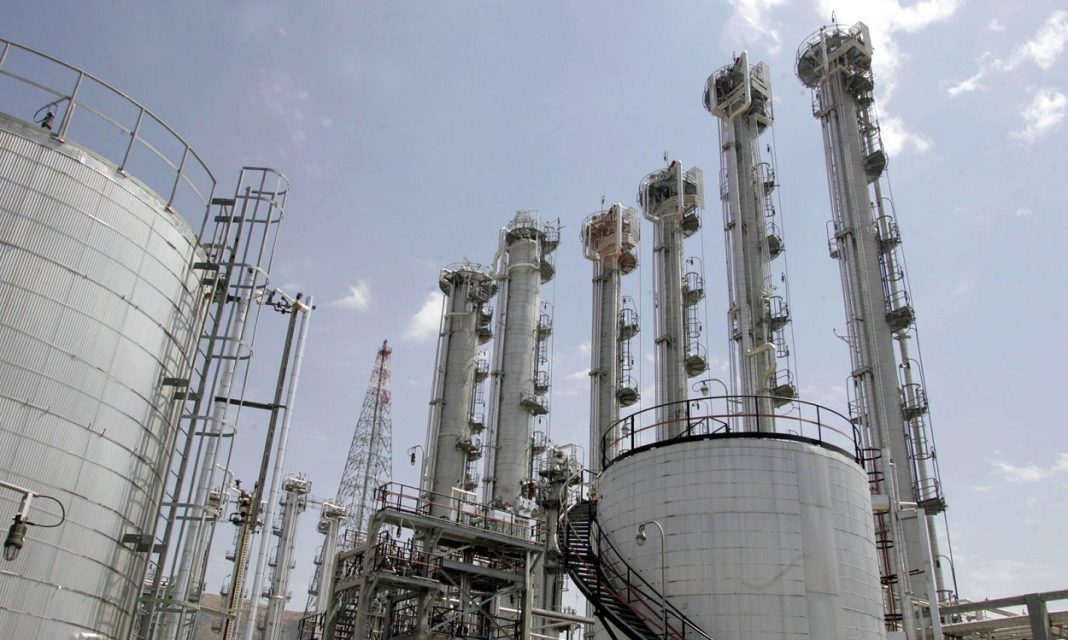In an interview with state TV, Mohammad Eslami referred to the US withdrawal from the nuclear deal, the Joint Comprehensive Plan of Action (JCPOA), in 2018, and re-imposition of the anti-Iran sanctions that the accord had lifted.
“Given the fact that the other parties failed to fulfill their commitments under the JCPOA, hindered other countries’ cooperation with Iran, and increased the sanctions, the Islamic Republic of Iran decreased its own commitments as well” under a law adopted by the Iranian Parliament aimed at protecting the country’s interests against sanctions, he said.
The Iranian reaction, he added, prompted the International Atomic Energy Agency (IAEA) to draft reports of “non-compatibility” between the Iranian nuclear work and agreements.
He made the comments after a meeting with IAEA Director-General Rafael Grossi in Tehran on Friday.
A new round of talks is under way on Saturday between Grossi and Iranian officials aimed at resolving their disputes.
During a meeting, Grossi expressed certitude that progress will be achieved in efforts to end the row on the Iranian nuclear activities, despite the challenges that the two sides may face on the path forward.
He stressed the need to put an end to “doubts and concerns” over Iran’s nuclear program, saying he was visiting Tehran to achieve this objective.
Tehran and the IAEA have been engaged in a diplomatic row for months over what the latter claims to be nuclear activities at “undeclared sites” in Iran, an allegation roundly dismissed by Tehran.
Recently, a Bloomberg report added to the tensions. It said particles of uranium enriched to 84% purity level had been found by IAEA inspectors in Iran.
In the first place, Iran said the report was unprofessional since the existence of such particles is natural in enrichment process. Secondly, it rapped the UN nuclear watchdog for leaking confidential correspondence to Western media once again.
